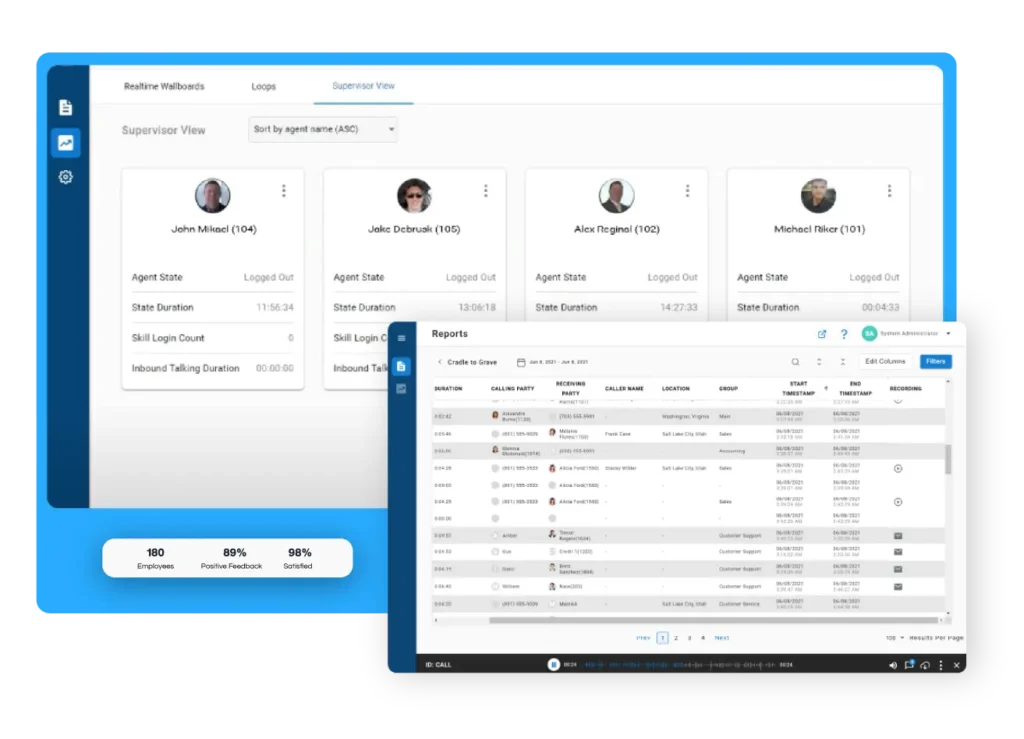Call Abandonment and SLA Compliance in Manufacturing: 6 AI Driven Fixes
In manufacturing, missed calls and broken SLAs cost more than reputation—they can stall production and even put contracts at risk.
This blog explores 6 AI driven fixes that reduce call abandonment and keep SLA promises intact, helping manufacturers deliver faster and more reliable support.



